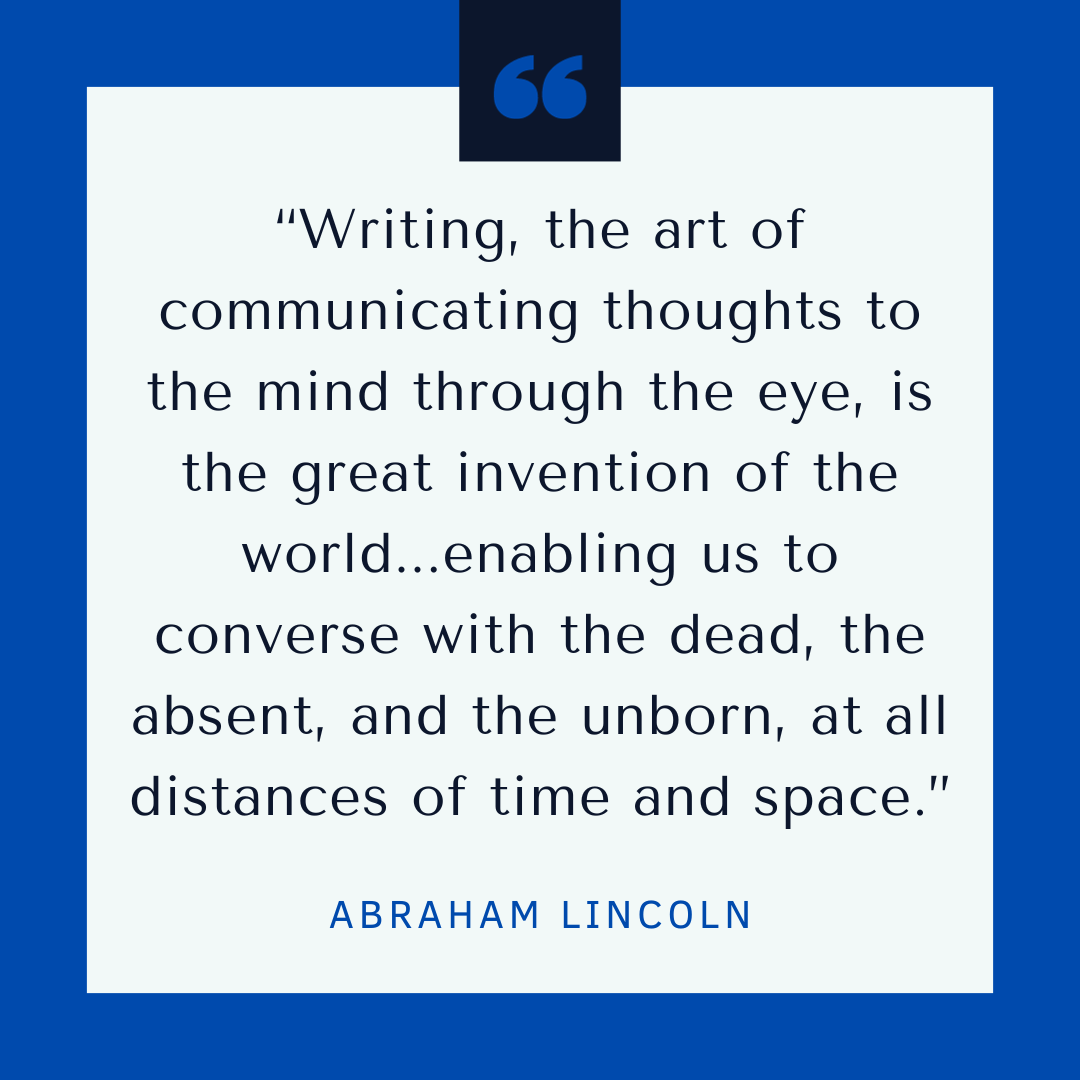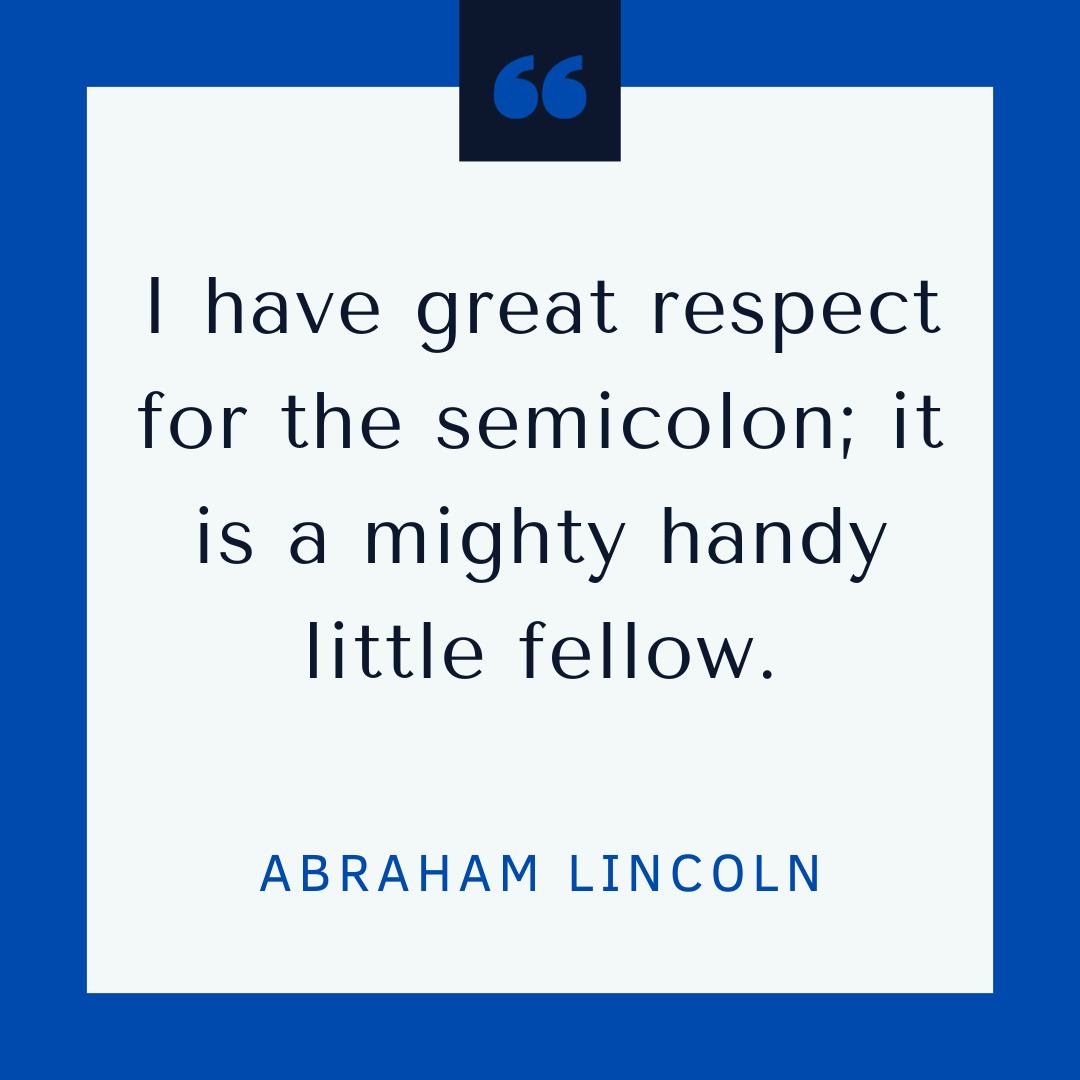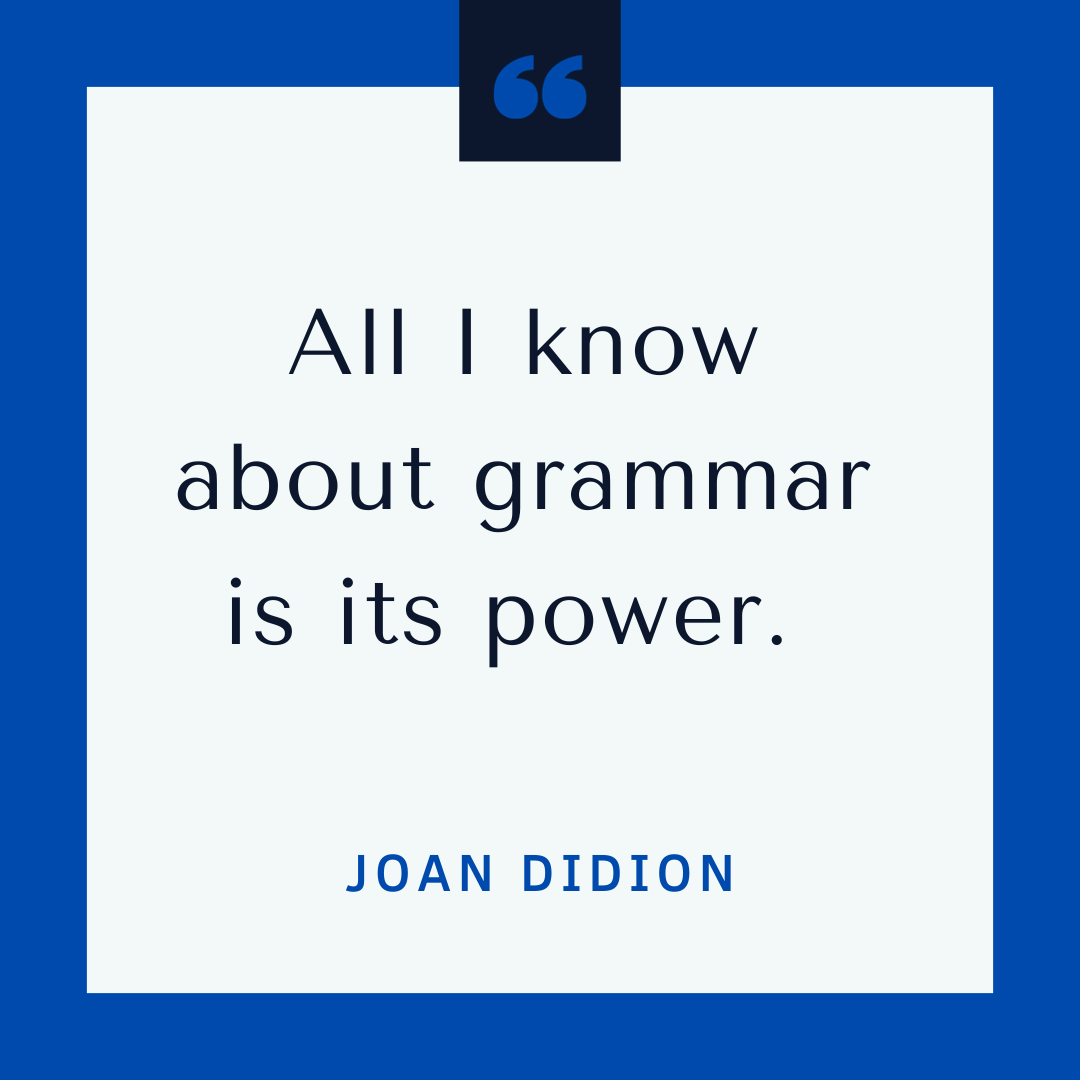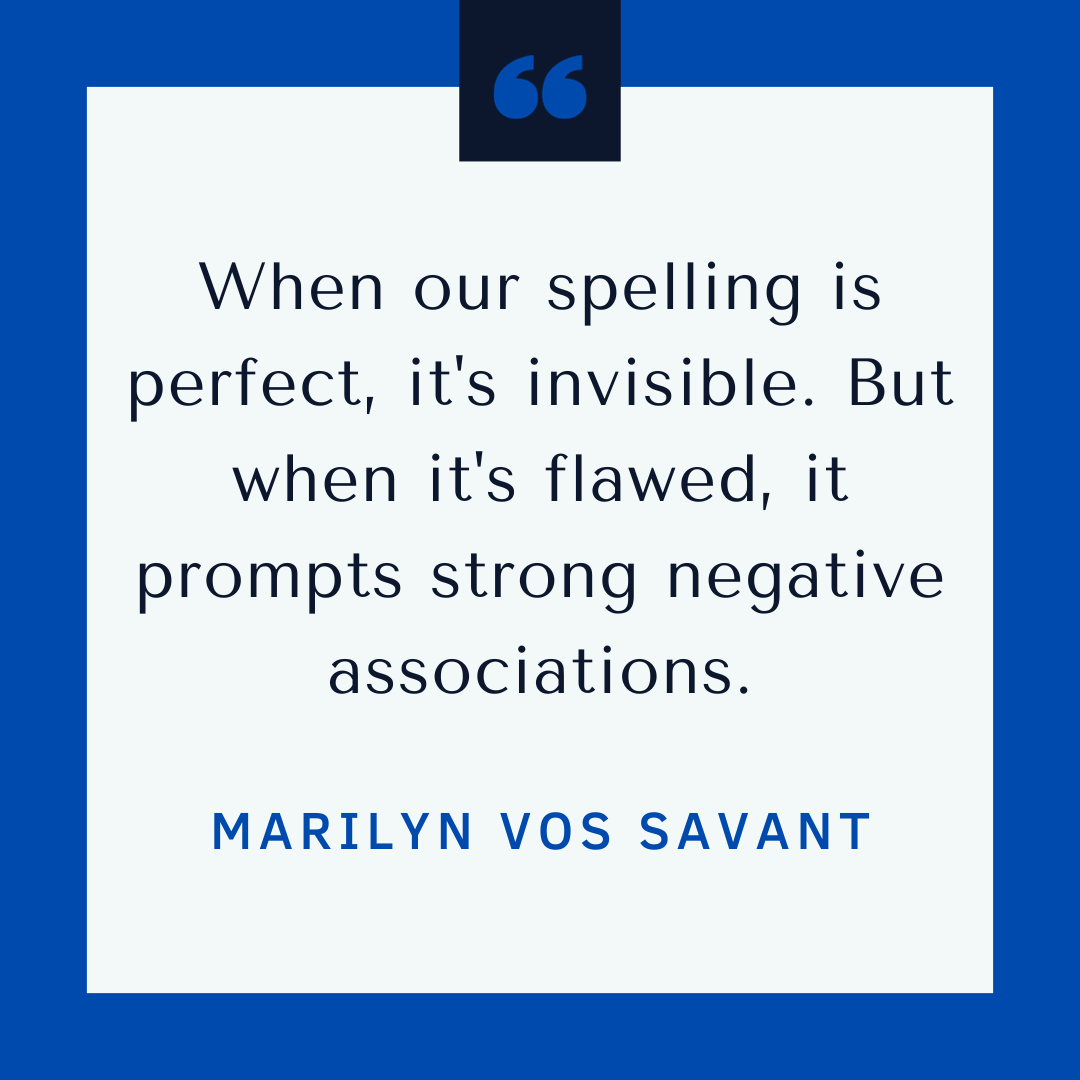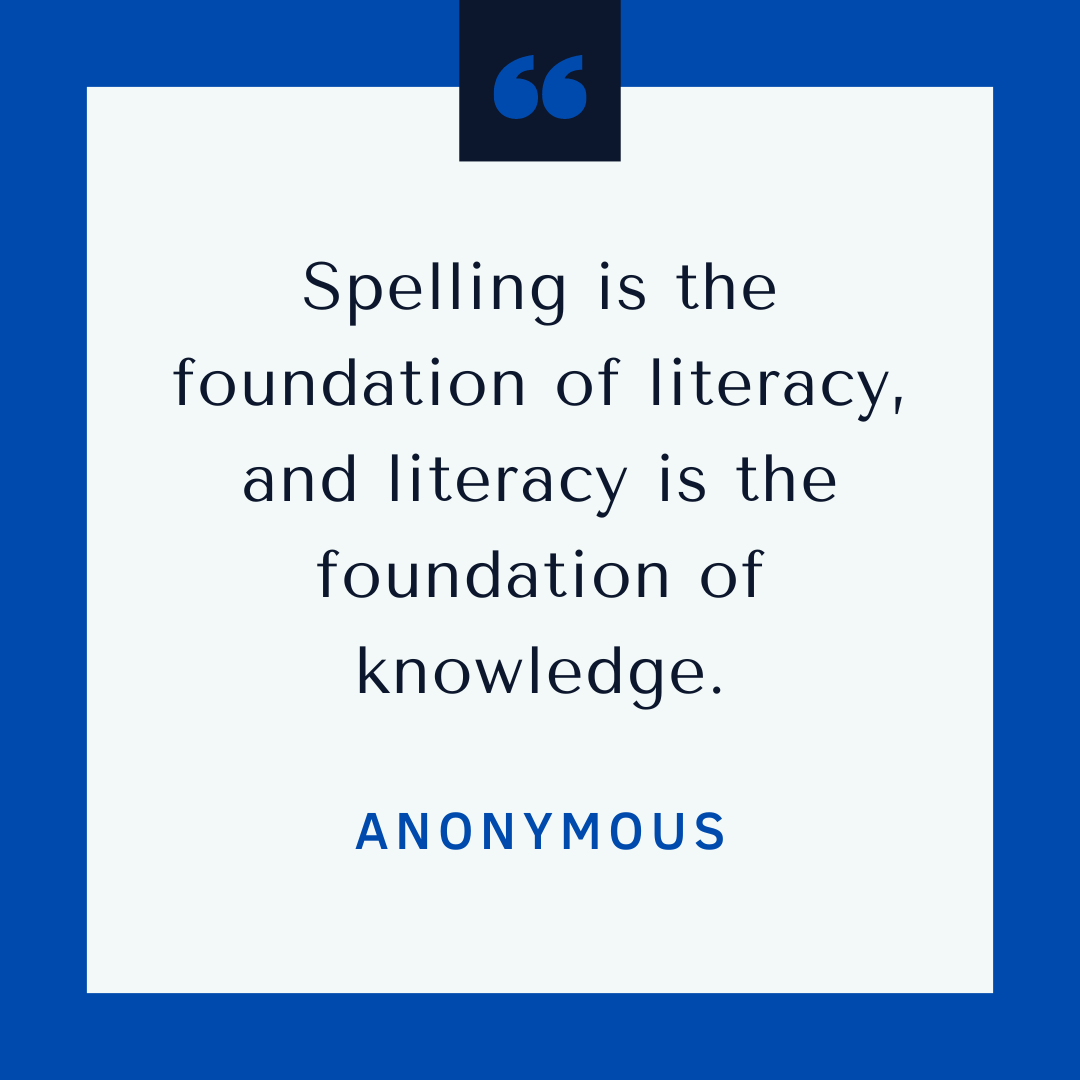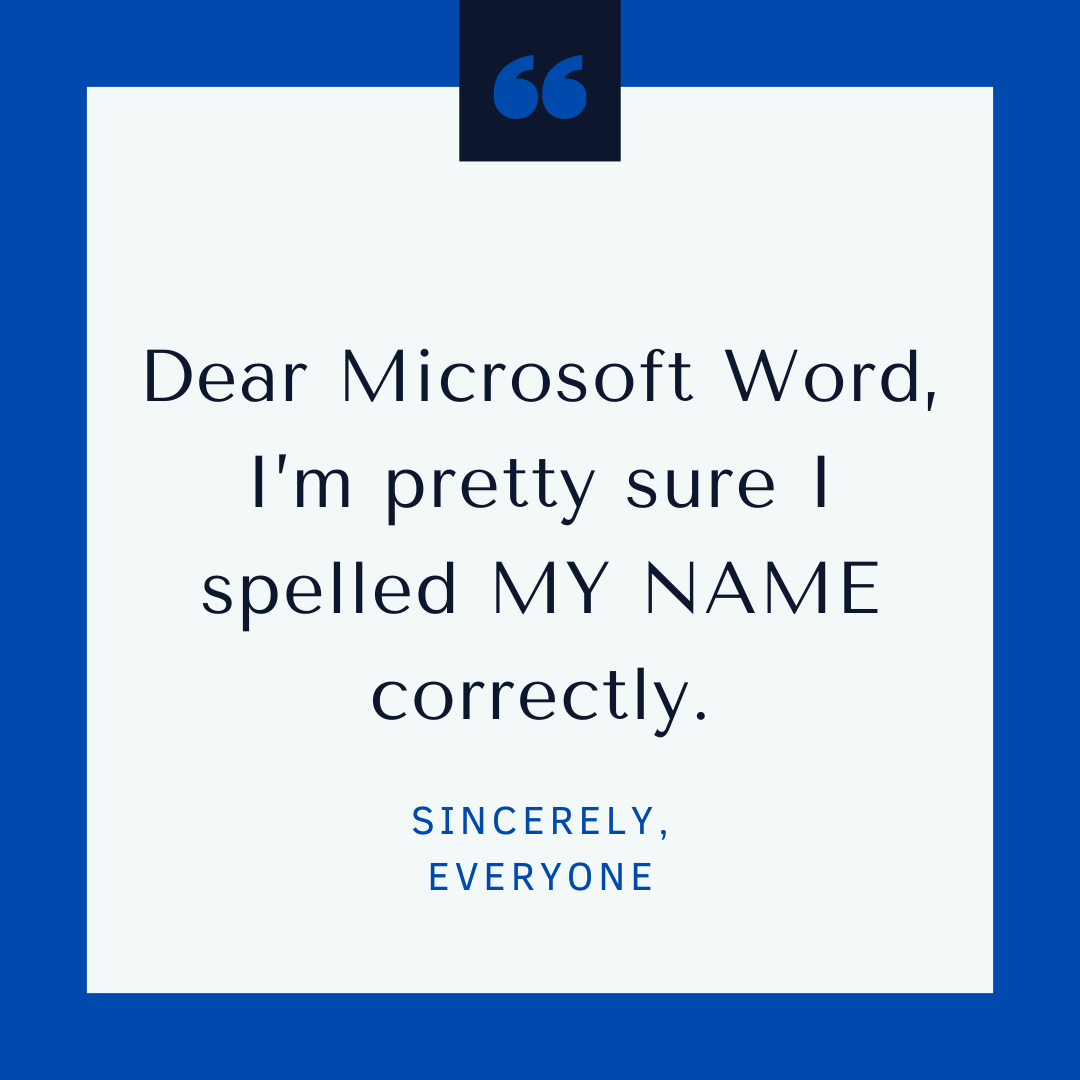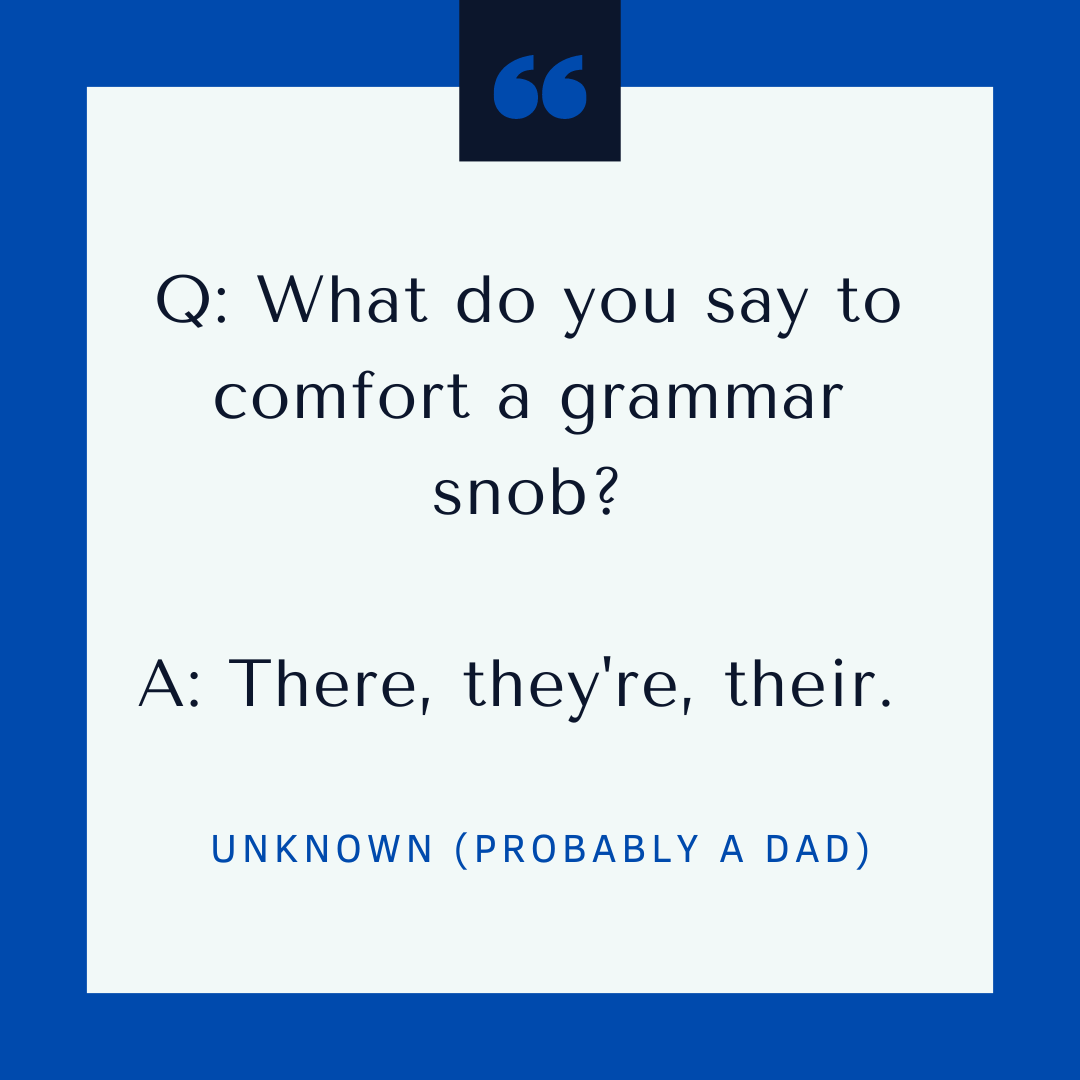A Case for Useless Degrees
“You have a degree in English. You’re not going to be able to find another job,” the CEO said.
It was 2007. I’d graduated from college and hadn’t immediately become a best-selling author with minimal effort. After taking a few minutes to recover from that shock, I applied for a job at a financial services company in their auto insurance line.
I worked there for two months before my then-husband received a sudden, permanent change of duty station, out of state. (Military spouses have notoriously abysmal unemployment rates, and this is a perfect example of why.)
After several months of searching, I landed a temp job at a beauty manufacturer as an executive assistant. The pay was as depressing as the atmosphere. You know the vocational honeymoon season followed by a slow-growing awareness that you’re being boiled alive? The honeymoon was approximately 30 seconds long. I felt a strong impulse to plow into a ditch every morning as I drove to work.


